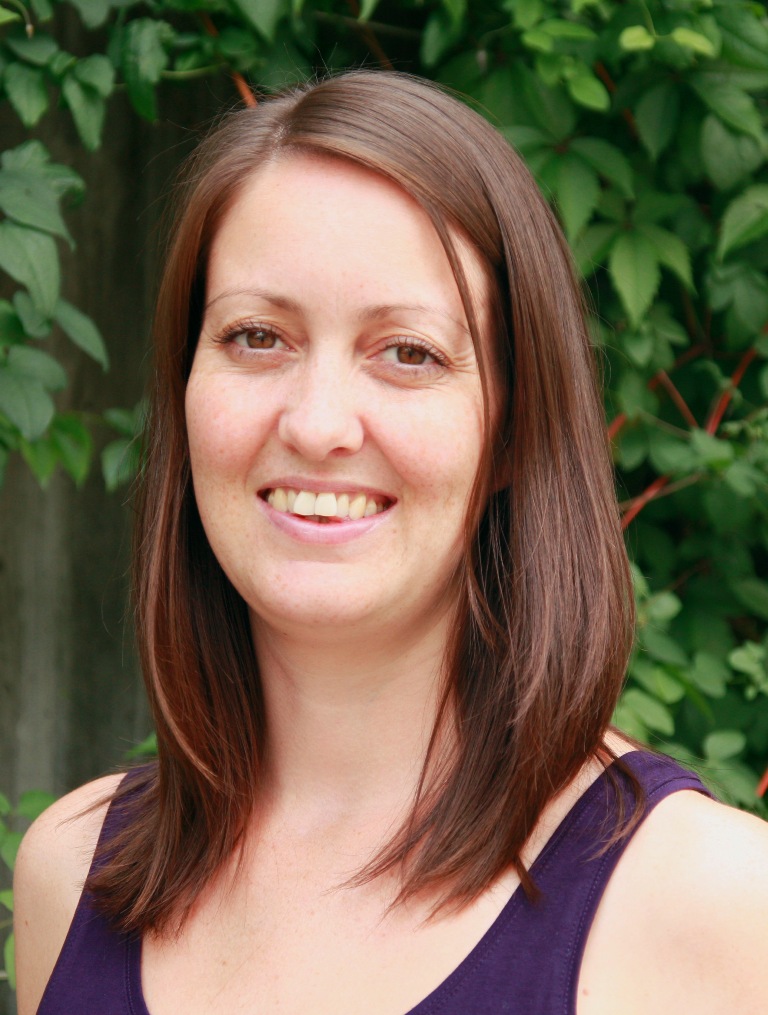Mentor programme is positive for women
A new study from the University of Oslo sheds light on women’s career opportunities at the university. The study took its point of departure in an evaluation of the mentor scheme.

It is a common problem at universities throughout Europe. Although there are many female students and research fellows in a variety of subject areas, the percentage of women drops quickly when it comes to permanent academic employees.
This is also the case at the University of Oslo (UiO). While women comprised 42 percent of associate professors in 2010, they accounted for only 25 percent of professors.
The mentor scheme
The mentor scheme was introduced in 2002 as a way to remedy the problem. Under the scheme, an experienced professor – a mentor – acts as an adviser and academic partner for a post-doctoral research fellow. The aim has been to support female researchers with their competence-building and career development efforts, and thus help them to overcome the obstacles that often stand in the way of a permanent researcher position. In addition to each post-doc fellow being assigned her own mentor, gatherings to bring together all the participants are held as well.
The researchers who recently evaluated the scheme have no doubt that it is important and that in many ways it is fulfilling its purpose.
“The mentor scheme works well,” says Professor Øystein Gullvåg Holter of the Centre for Gender Research (STK).
He has helped to design the new study along with Hege Elisabeth Løvbak, Senior Executive Officer and Research Assistant at STK.
“The post-docs found the meetings with their mentors to be especially helpful. At these meetings they learned to master and organize their own workday in a better way. They felt this was positive,” says Holter.
Learn the informal rules
“You write that the mentor programme doesn’t move mountains, but you still conclude that it is important. What is important about it?”
“An important point is that the university is a formalized system, but at the same time it is also an informal system. The issue for many women who have not achieved a permanent position is how to understand the informal rules of the game and learn them. In this regard the mentor programme plays a crucial role in helping post-docs to master their practical duties, learn the informal rules of the game, and develop confidence in themselves and their work.”
“The programme’s main objective is to focus more attention on gender and recruitment and to reduce the number of women in academic recruitment positions who drop out of the research sector. To what extent has the mentor programme helped to achieve this objective?”
“Based on what we can gather from our sample, the mentor programme has achieved its objective rather well. This is a qualitative survey, so we can't say anything about percentages, but the general pattern is that everyone who has participated in the programme says that the mentor meetings have been a very positive experience.”
Three factors are crucial
The impetus for the study was a desire on the part of UiO to evaluate the mentor scheme. At the same time, STK wanted to gain a broader overview of the situation for female researchers at the university in general and the relationship between career, work and family.
“We struck a balance between an evaluation and a research project,” says Holter.
The study, which is more than a hundred pages, is based on in-depth interviews with 17 post-doctoral research fellows who have participated in the mentor programme. Evaluations of the mentor programme have been carried out before, but never using such in-depth interviews as this time. The sample is small (seven percent of the participants in the mentor programme), but the respondents were randomly selected in a way to ensure they represented a wide range of subject areas and both temporary and permanent employees. The sample also included five informants who later left the university.
The informants were taken from all four of the mentor programmes that have been operating at UiO since 2002. The report has kept the identity of the informants anonymous. The purpose was to gain an overview of their career situation, identify the obstacles and challenges they have encountered, and explore the mentor programme as a gender equality measure.
In preparing the report, the two researchers have looked at several hypotheses for why women do not always compete successfully with their male colleagues for the permanent positions. They give a nuanced answer for why this is the case, but they emphasize three crucial factors: that women stay far too long in temporary positions, that the social aspect of the working environment is sometimes unsatisfactory, and finally, what the researchers refer to as shifting work to others.
“All three of these factors play a role,” says Holter to the Gender Balance in Research website.
“The biggest problem that the women describe is long-term temporary employment,” says Holter.
“This is especially a strain for women with children. The consequence is that a husband or partner must make a long-term commitment to be supportive of her career. When this uncertainty lasts for a long time, it has a negative effect on the family situation,” he says.
Shifting work to others
“Based on the material, we also believe that the women have work shifted to them. There is a tendency for the younger and newer employees to be assigned a disproportionate share of teaching and social duties, which don’t necessarily add to their qualifications,” says the professor.

“We can’t say that this is a general characteristic. But there is some traditional gender distribution of tasks, which might be reinforced by the traditional distribution of tasks between senior- and junior-level positions,” he says.
The report points out that several of the respondents had been assigned some tasks of a social and environment-building nature that took time away from their research, which is an activity that adds to their qualifications. A shift takes place from work that gives publication points to work that does not.
Many of the informants describe this shifting of work without being clear about its cause. The report says that this tendency is usually described in the context of “practical logistics”, “that’s just the way it is”, going the extra mile to meet the needs of the workplace, and being “eager to please”. The two researchers say that the university’s hierarchical structure emphasizes this shift: “In a hierarchical system there will be a tendency to push time use that does not add to one’s qualifications downward, thus shifting it to those at lower levels or in insecure positions, such as temporary employees,” the report states.
Working environment hypothesis
Another point emphasized in the report is that the working environment at UiO might not benefit women in the best possible way. The two researchers believe that an unsatisfactory working environment can undermine feelings of participation and democracy and that this in turn can lead to a lack of self-confidence and career commitment.
They believe this hypothesis has been confirmed through the interviews they have conducted. One of the women interviewed by the researchers says that she began to cry when she got feedback on her thesis.
“It’s not just that she didn’t get a good evaluation; it was the way the evaluation was written. It was cold and negative,” says Holter.
“Others we have spoken with point out that they feel like a lone wolf in their department and that nobody sees them. This type of statement draws attention to what the university does with the working environment.”
“The women who manage best have found ways to lessen the problem. It could be that several women from the same class stick together or that they work together with several others. This type of collective manoeuvring appears to be necessary to avoid the negative focus,” says Holter.
“But is this a gendered problem?”
“Yes, partly. The ‘good girl syndrome’ probably lies at the heart of it. Some of these women have made a conscious effort to put that behind them, but the impression is that it affects women more often.”
Holter and Løvbak’s study will now form the basis of a further evaluation of the mentor programme at UiO.
Translated by Connie Stultz.
The report Kjønn og karriere. En rapport om kvinners karriereutvikling med utgangspunkt i mentorprogrammet ved Universitetet i Oslo (“Gender and career: A report on women’s career development with a point of departure in the mentor programme at the University of Oslo”) has been prepared by Senior Executive Officer/Research Assistant Hege Elisabeth Løvbak and Professor Øystein Gullvåg Holter of the Centre for Gender Research at the University of Oslo.
